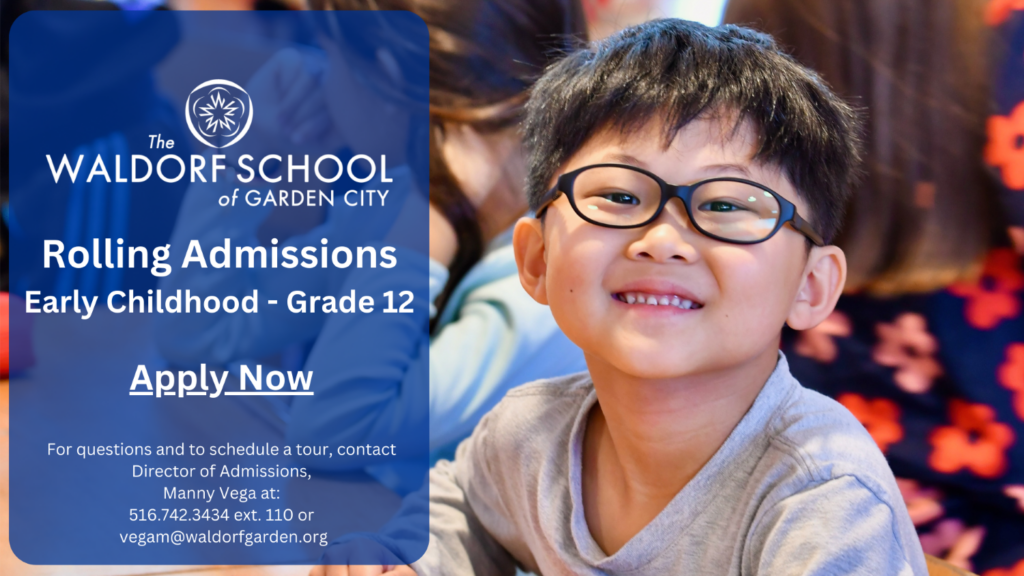Sustainability
A Connection to Nature
“Thankfully, the Waldorf curriculum, which stresses horticulture and ecology, connects students to the land in ways that promote our role as stewards of the earth. This collective sense of responsibility infuses our life with greater meaning and purpose. Along with a rich and fertile imagination, it helps us carve out a pathway steeped in altruism and goodwill.”
~Current Parent
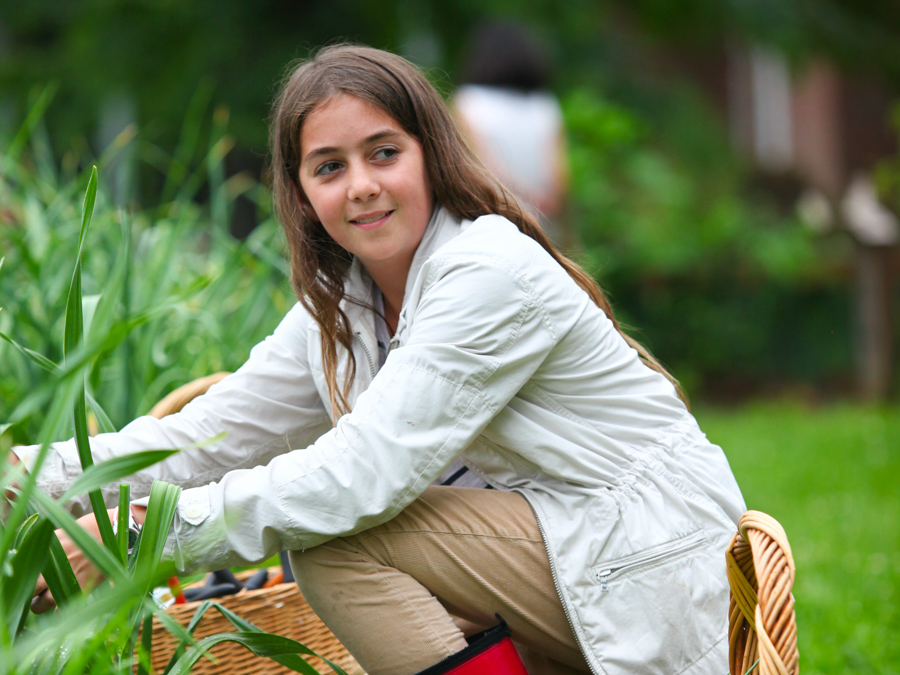
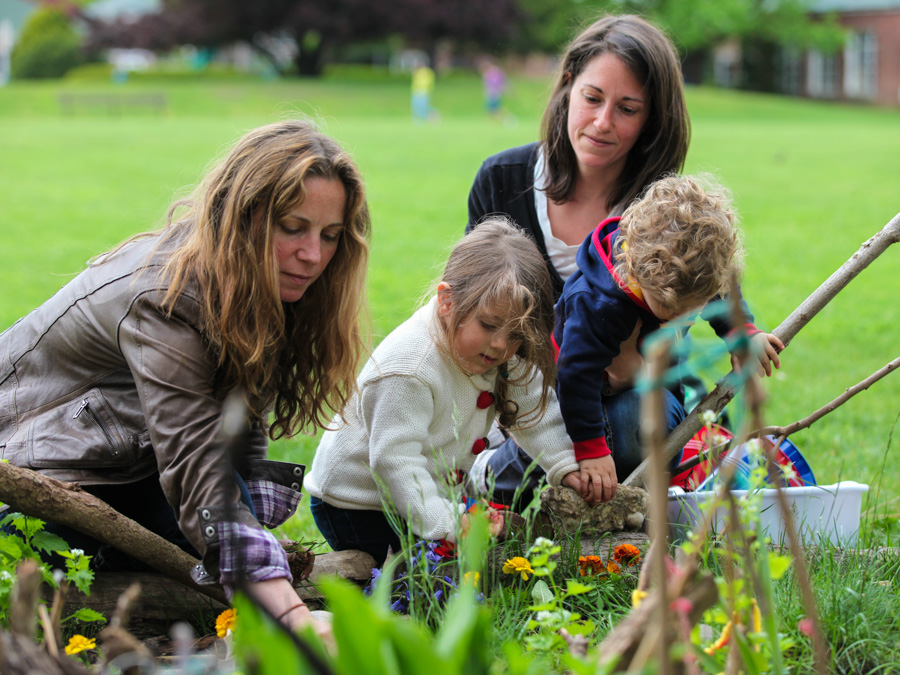
Since the 1940s, the Waldorf School of Garden City’s curriculum and farm campus in New Hampshire’s Glen Brook has been teaching students about work, responsibility, and sustainable living.
Beginning in the earliest classes, students are brought into nature for phenomenological observation and study. Understanding our actions and their consequences for our planet are woven into the culture of the community. Students learn respect for all of earth’s creatures, the benefits of local food sources, biodynamic farming, and other aspects of sustainable living. Additionally, the School’s required (Grades 1-8) gardening program provides a unique opportunity for students to engage in hands-on learning about sustainable urban agriculture. Moreover, the curriculum seeks to catalyze larger conversation around the pesticide-laden and hormone-filled state of our contemporary global-industrial food system, and prospects for change at The Waldorf School of Garden City and beyond.
Glen Brook is the extension campus of the Waldorf School Garden City. Located in beautiful New Hampshire, Waldorf school classes from the third through twelfth grade spend one week each year at Glen Brook. Academic programs continue with main lessons that are enhanced by resources available at or near Glen Brook.
Some of the Ways Waldorf is Green
Throughout the early childhood and grade-level programs, the Waldorf curriculum embraces and explores the awe and wonder of the natural world.
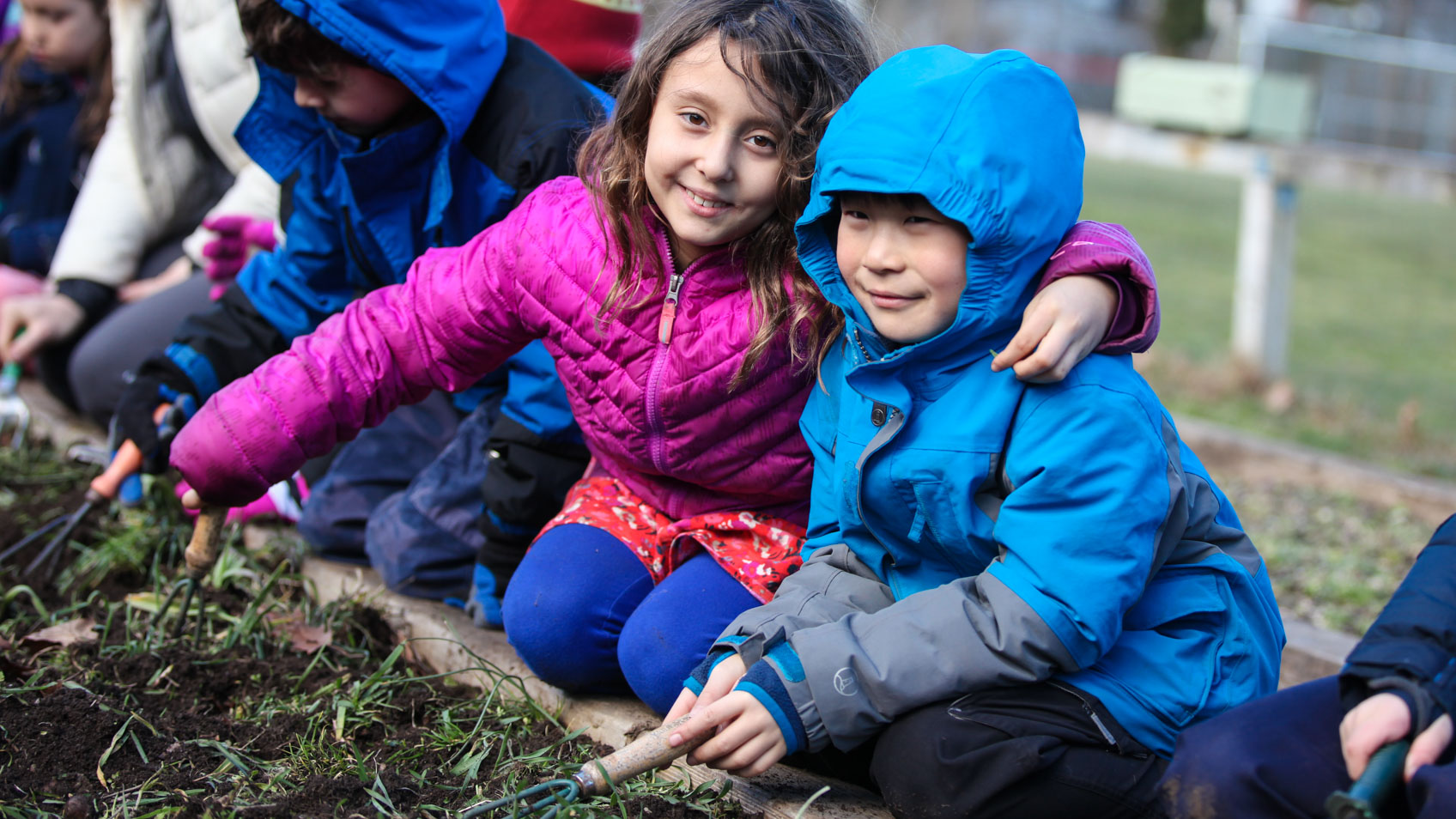
Our school’s nearly eleven green acres offer boundless opportunities for play, physical development, and hands-on environmental learning. These areas allow students lots of green exploration throughout each school day.

Our curriculum emphasizes the use of natural materials, made from wood, wool, cotton, silk, sand, beeswax, and clay to develop an appreciation for natural substances through sensory experience.

Our hot school lunch program is made daily from scratch. All meals include local, natural, organic ingredients and vegetarian options as well.
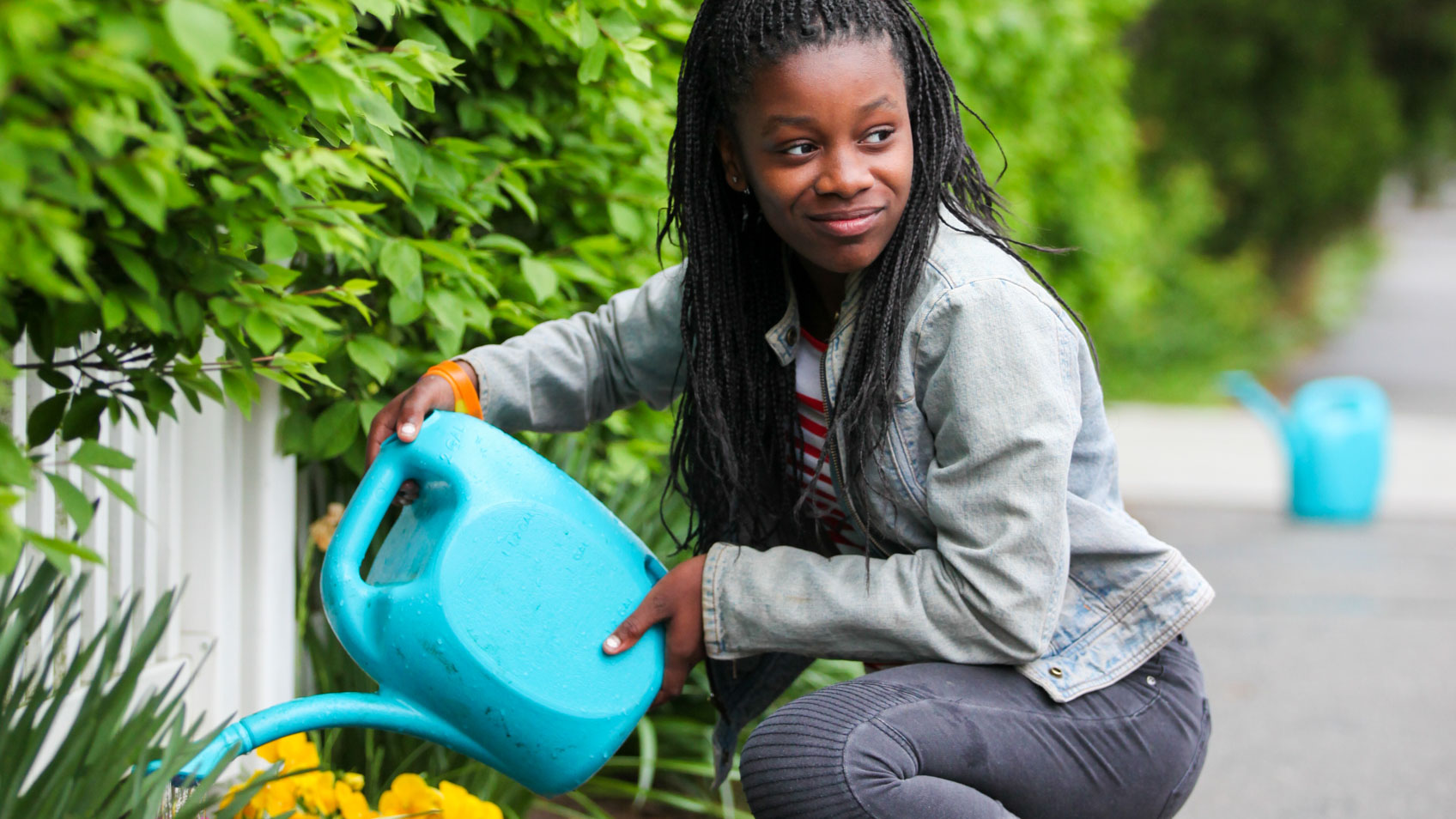
Frequent field trips to local energy parks, our New Hampshire Farm, and other local area farms help our students learn about how food is grown, how it gets to cities, and how to make responsible, healthy food choices.
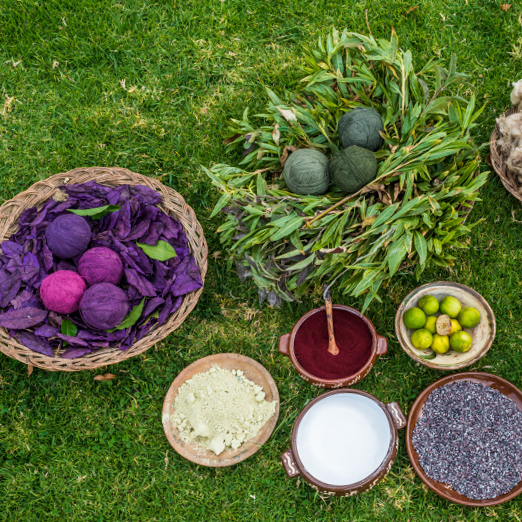

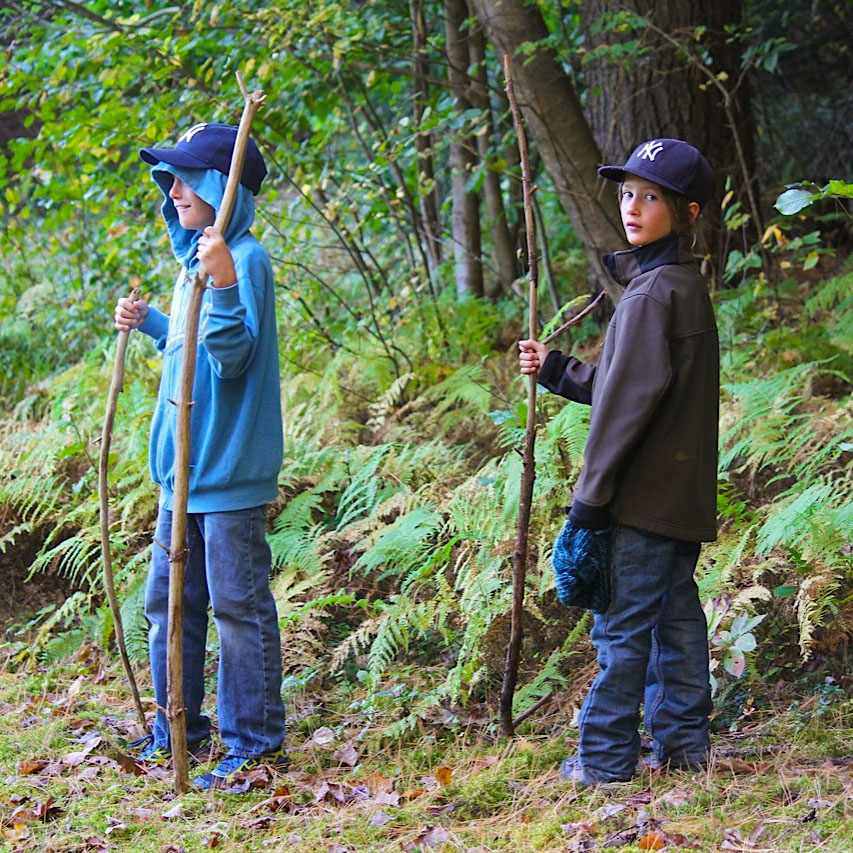
When possible, we use local and/or organic ingredients in our food preparations at school.
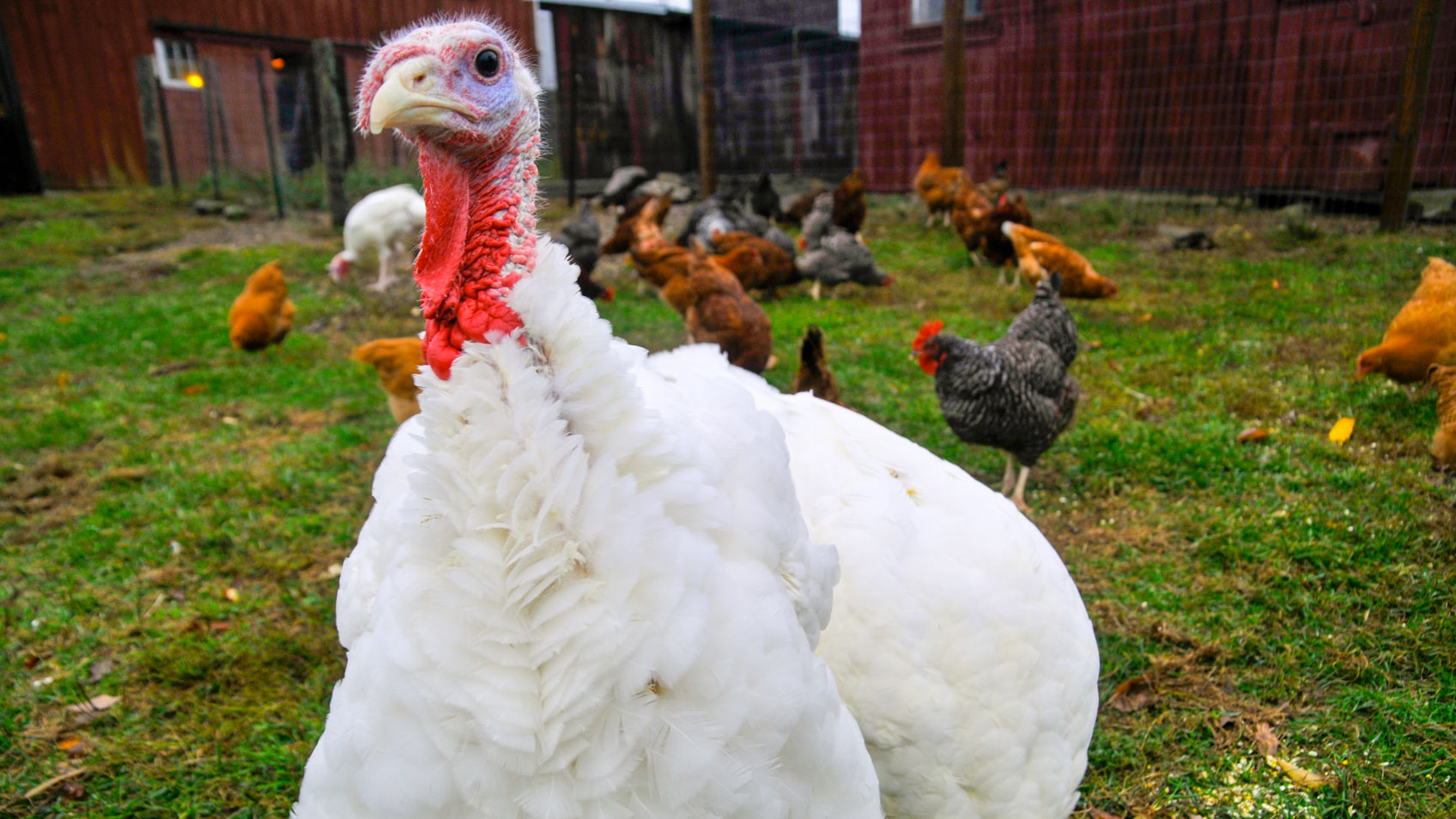
Our faculty and staff actively teach and model the importance of environmental conservation through daily activities such as turning off lights, composting waste, and recycling – activities that encourage students to conserve as well.

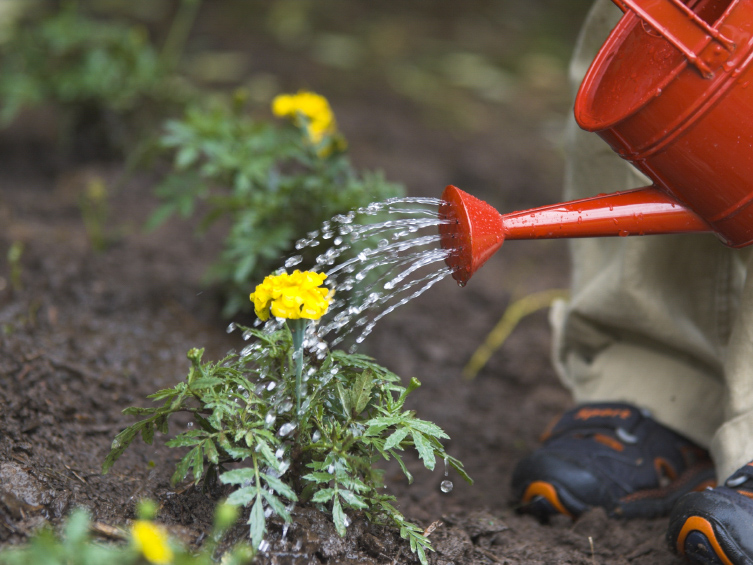
Rather than using photocopied worksheets for classroom lessons (worksheets often discarded once school is out), our students craft their own unique lesson books, to be treasured for years to come.


The Magic Closet (our school store) stocks Waldorf-inspired products crafted from natural materials and often made by local artisans, avoiding plastic products shipped from overseas.
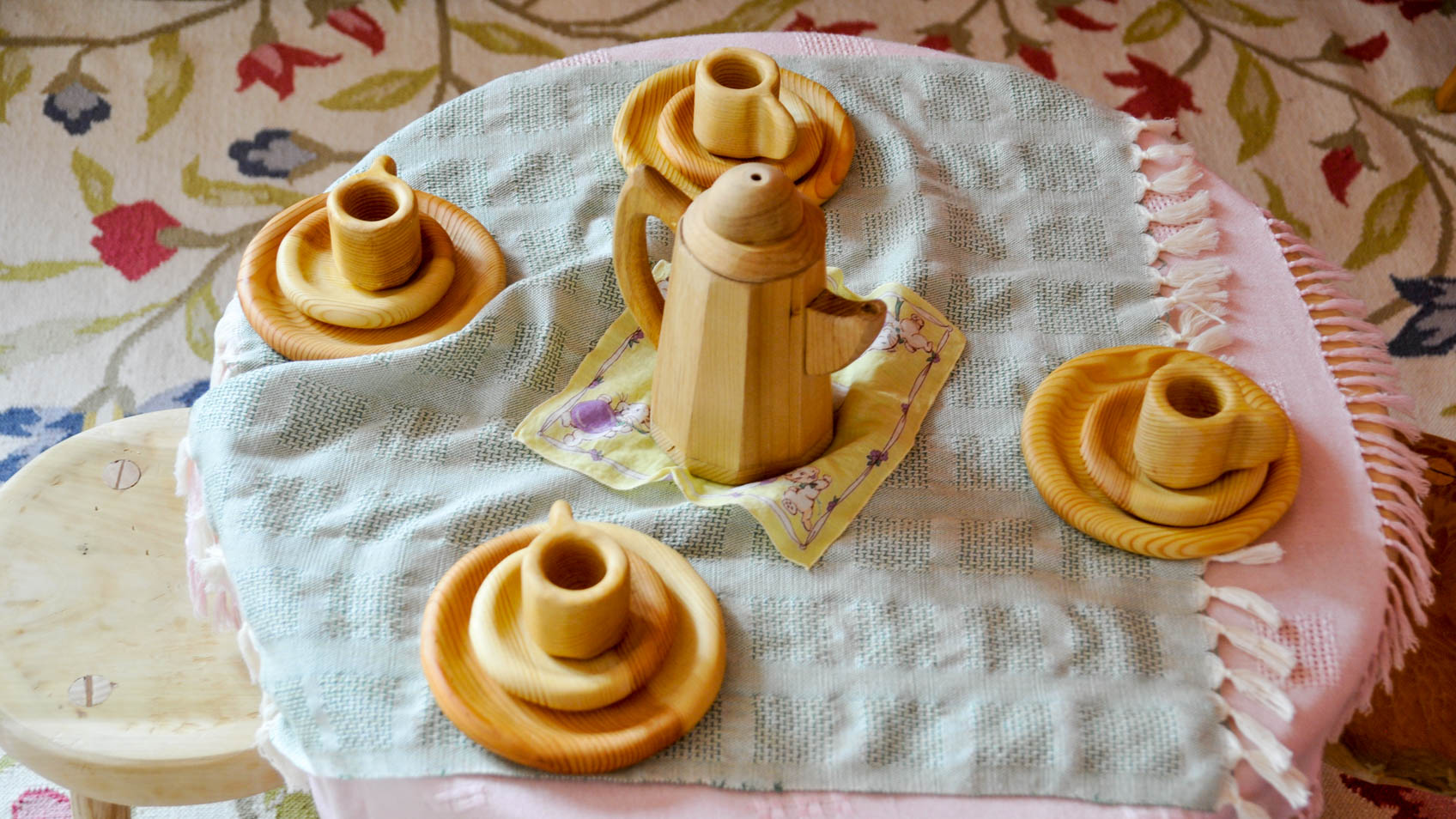
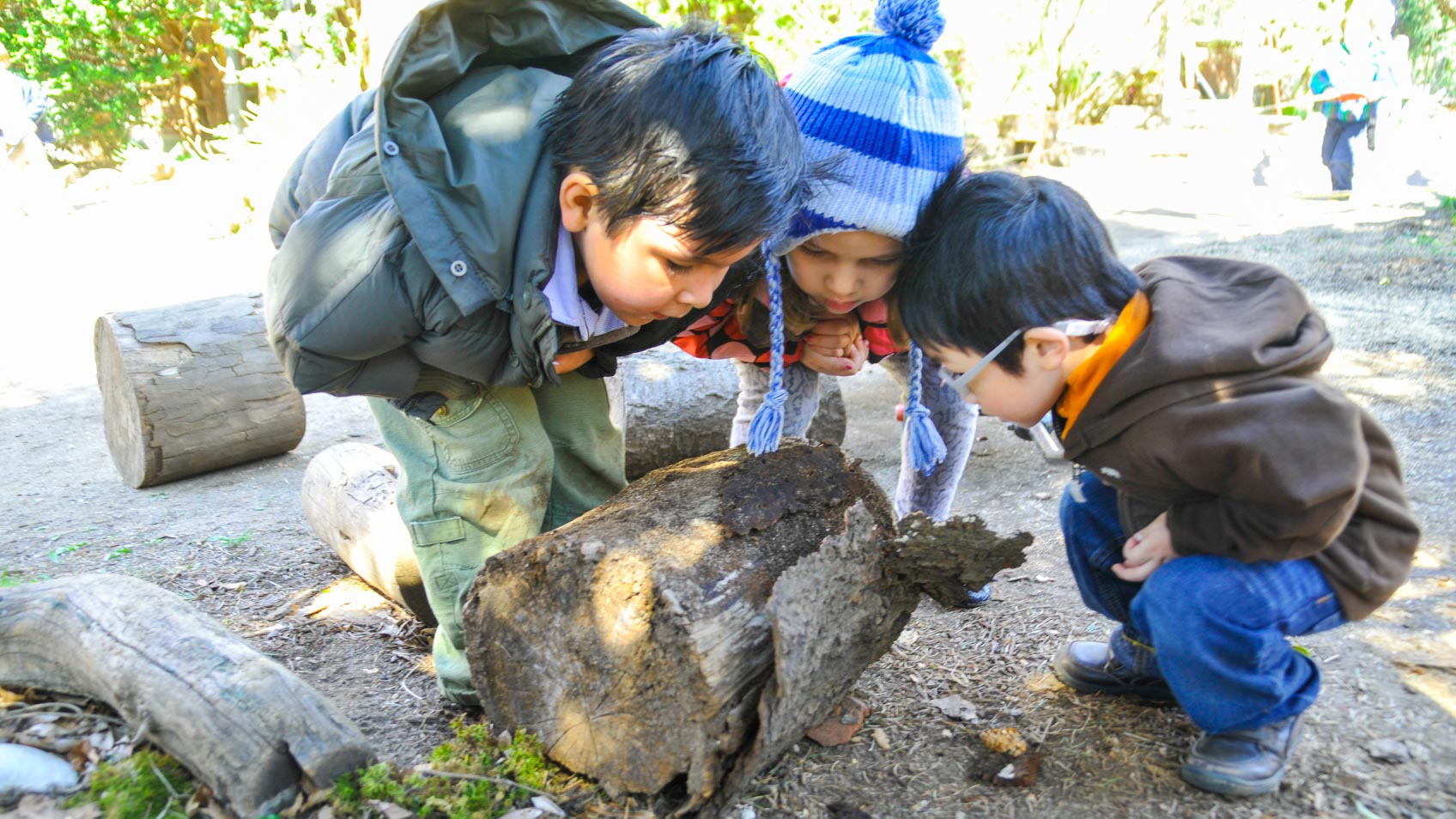
Play is a pivotal part of a child’s life.
Outdoor play in particular offers children diverse environmental stimuli that contribute to increased experimentation and use of the senses. Research now points to the fact that experiences in nature are more important than facts and book learning about nature.
At The Waldorf School of Garden City, we preserve recess and give children plenty of time for outdoor play in all grades. We are thoughtful about the amount of homework that we give to students. Our school day is structured such that hands-on classes are peppered throughout the day. Childhood is preserved and nurtured at the Waldorf School of Garden City.
Nature Trail

A quarter-mile nature trail sits on the perimeter of our campus, an unpaved path enclosed by trees on either side. The Nature Trail includes a bamboo forest, a fairy garden, and a labyrinth constructed from sand and stones. The labyrinth is an excellent challenge in navigation, problem-solving, and teamwork. The bamboo forest provides a rich medium for children to fashion bows and arrows, and anything else that strikes their imagination, all the while furthering their appreciation for woodwork and handwork.
Teachers at the school regularly accompany children on nature walks around the trail. It is an unparalleled experience that provides endless opportunities for new observations and reflections.

 About
About